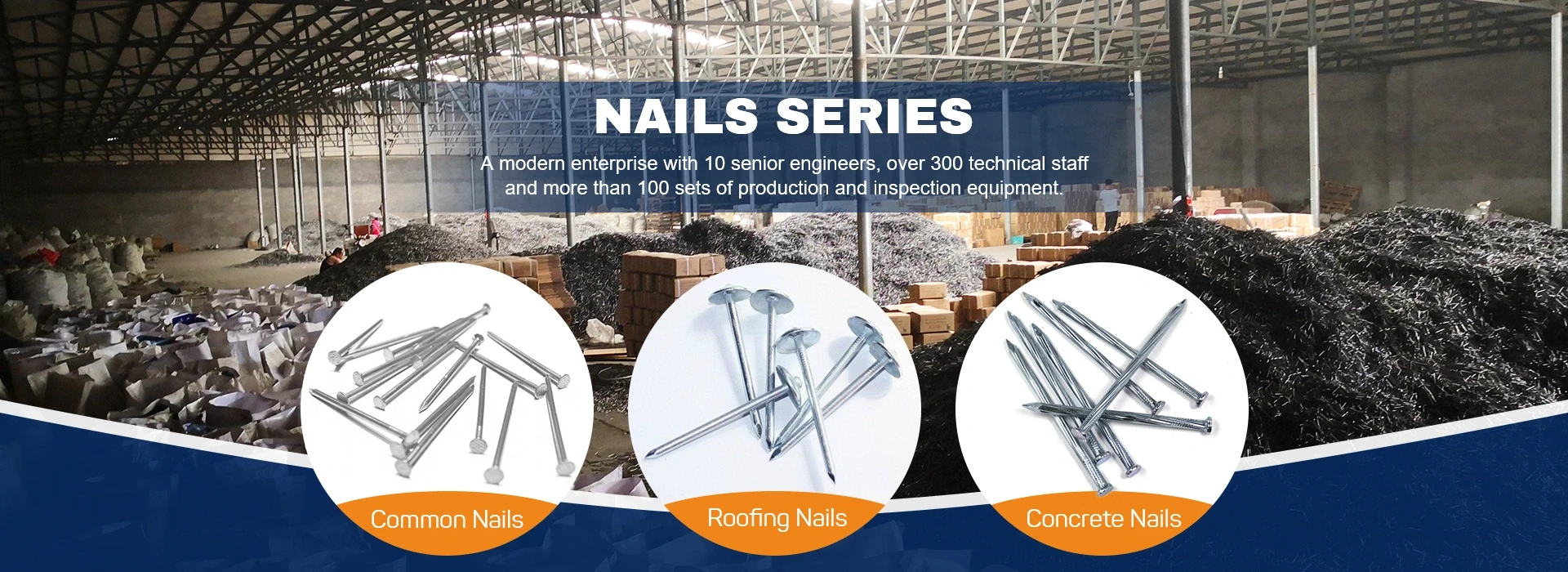The Best Material for Window Screens A Comprehensive Guide
Window screens are an essential feature in many homes, providing a barrier against insects while allowing fresh air and light to enter. When it comes to selecting the best material for window screens, several options are available, each with its own unique advantages and drawbacks. Understanding these materials can help you make an informed choice that fits your needs and preferences.
1. Fiberglass Screen Mesh
One of the most popular materials for window screens is fiberglass. It's lightweight, durable, and resistant to rust and corrosion, making it an excellent choice for various climates. Fiberglass screens are easy to install and can be found in different mesh sizes, allowing homeowners to choose the level of visibility and airflow they desire.
Furthermore, fiberglass screens are less prone to denting compared to metal screens. They can also be manufactured in different colors, allowing for aesthetic customization. However, one of the drawbacks of fiberglass is that it can tear more easily than metal if subjected to strong impacts.
2. Aluminum Screen Mesh
Aluminum is another widely used material for window screens. It offers excellent durability and resistance to rust, making it ideal for long-term use. Aluminum screens can handle extreme weather conditions, including high winds and heavy rains. Additionally, they are available in various mesh sizes and are easy to clean with a simple soap and water solution.
A significant advantage of aluminum screens is their strength; they are less likely to tear or become damaged
. However, they can be heavy, making installation and maintenance slightly more challenging compared to lighter materials like fiberglass. Aluminum screens can also be prone to corrosion if not properly coated or maintained, especially in coastal areas.3. Stainless Steel Screen Mesh
For those seeking maximum durability, stainless steel screens are an excellent choice. These screens are incredibly robust and resistant to corrosion, making them suitable for environments with high humidity or exposure to saltwater. Stainless steel screens also provide superior protection against pests, as their tight mesh can keep out even the smallest insects.
what is the best material to use for window screens

While stainless steel screens are highly durable, they tend to be more expensive than fiberglass and aluminum options. Additionally, these screens can be heavier and may require professional installation. However, if you’re looking for a long-lasting solution, the investment in stainless steel is often worth it.
4. Pet Resistant Screens
For pet owners, choosing the right window screen material is crucial to prevent damage from enthusiastic animals. Pet-resistant screens are typically made from thicker, heavier-duty materials that can withstand scratching and tearing. These screens are often made from a combination of fiberglass and other synthetic materials, giving them added strength without sacrificing visibility.
While pet-resistant screens are excellent for durability, they may not allow as much airflow as traditional screens due to their denser material. Homeowners should consider this trade-off when selecting screens for homes with pets.
5. Solar Screens
In addition to protecting against insects, solar screens offer the added benefit of energy efficiency. These screens are made from specialized materials designed to block harmful UV rays while still allowing light to pass through. Solar screens can help reduce heat gain inside the home, making them a popular choice in warm climates.
However, solar screens may obscure views more than traditional screens, so it’s essential to balance aesthetics with functionality. While they help in energy conservation, they are generally heavier than standard fiberglass or aluminum screens.
Conclusion
Choosing the best material for window screens depends on your specific needs and preferences. Fiberglass screens are ideal for affordability and ease of use, while aluminum offers excellent durability and strength. For those requiring heightened protection, stainless steel screens are the way to go, and pet owners should consider investing in specialized pet-resistant screens. Lastly, if energy efficiency is a priority, solar screens can offer added benefits.
Ultimately, it’s essential to weigh the advantages and disadvantages of each material against your specific circumstances, budget, and aesthetic preferences. By understanding the different options available, you can make an informed decision that will enhance the comfort and functionality of your home while keeping unwanted pests at bay.

















